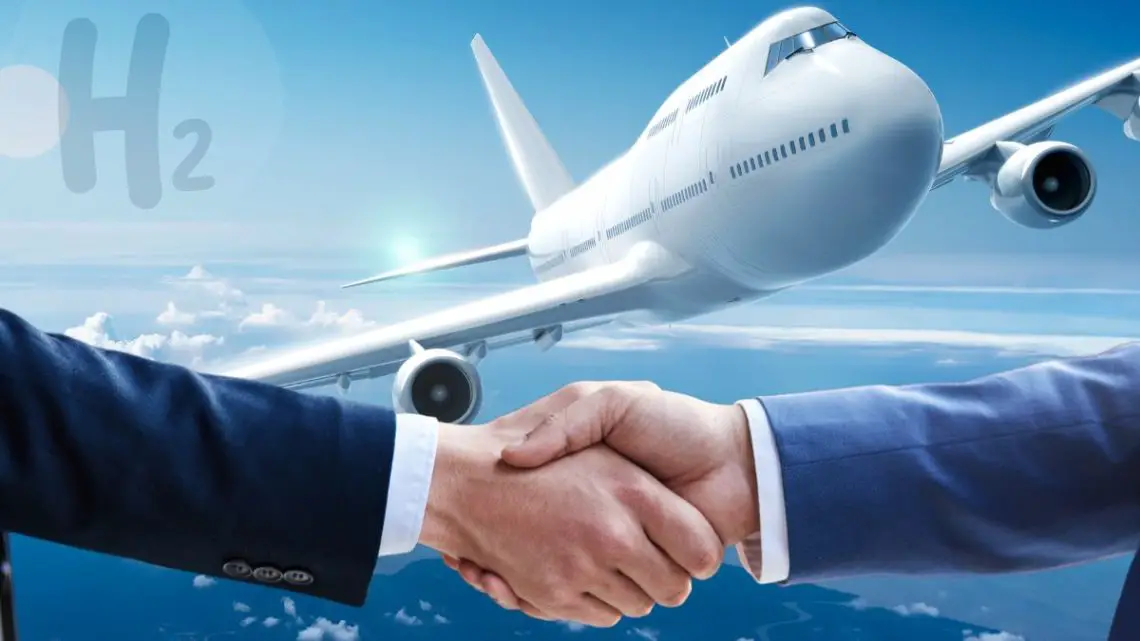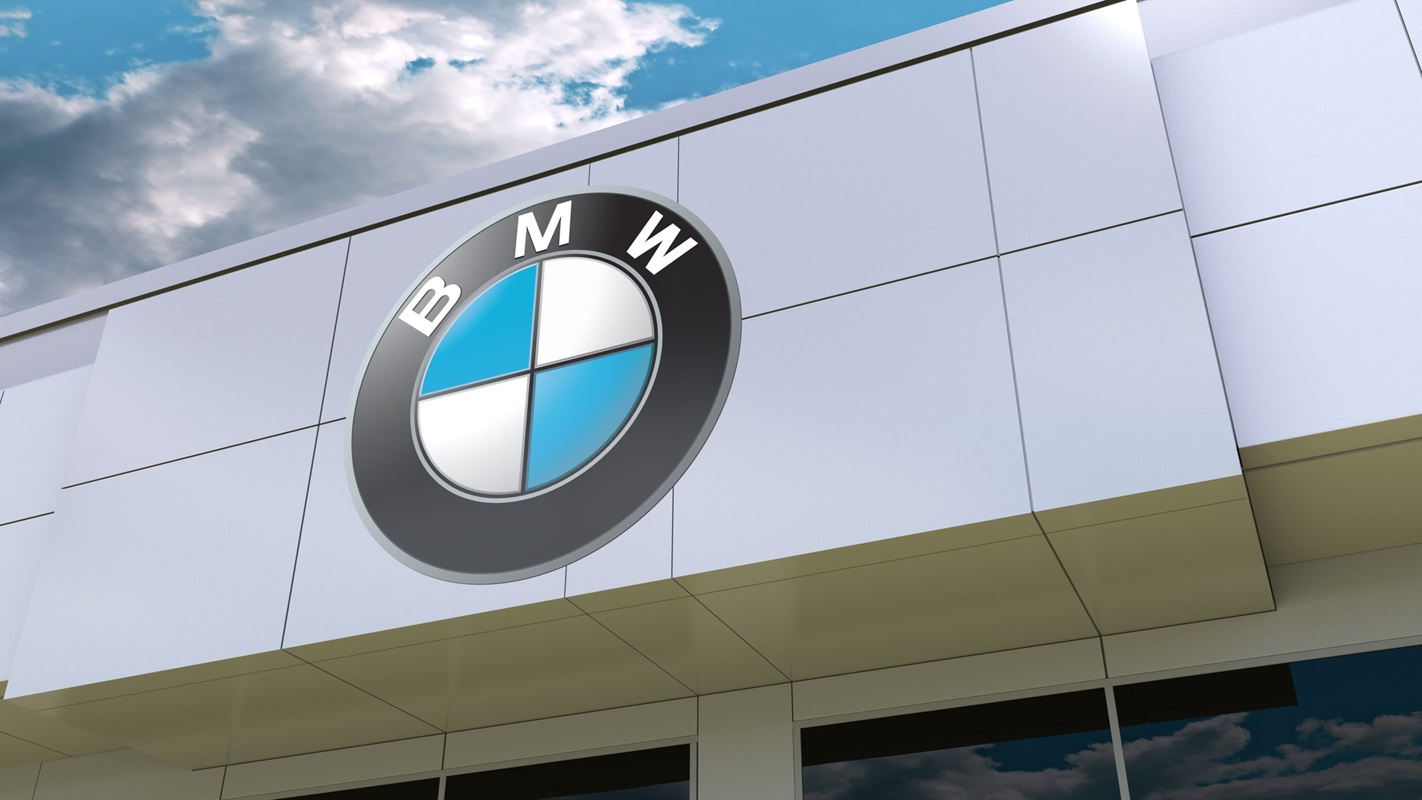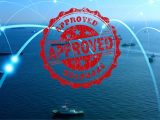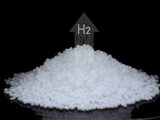
BMW collaboration unveils hydrogen plane with 1,800km range
January 23, 2024The aircraft will be capable of vertical take-off and landing will have a useful range.
In a collaboration including BMW and a top Formula 1 engineering firm, start-up Sirius Aviation from Switzerland has unveiled a hydrogen plane design with a range of as much as 1,800 kilometers on one fueling.
The aircraft would be powered by liquid H2 and would be able to fly without carbon emissions.
The Sirius hydrogen plane has two different version designs, each of which can take off and land vertically. The first is a “Business Jet” that seats three, and the second is the “Millennium Jet” which seats five. The Business Jet would have a range of 1,850 kilometers while the Millennium Jet would have a range of 1,046 kilometers on a single fueling.
The aircraft will be built and ready for the first flights in 2025, according to Sirius. Other aviation companies have also announced that they would start flying H2-powered aircraft next year, though in those cases, the commercial flights are focused on planes that could carry around 15 to 20 passengers. Other start-ups have announced their plans to have commercial flights in the European Union and/or the Americas starting in 2030.
The companies taking part in the hydrogen plane collaboration have ample experience in H2.
BMW Designworks, the design house at BMW has already created a number of vertical take-off and landing designs. It also worked with Sauber Group, a top Formula One engineering firm, on the Sirius Jet.

Credit: Photo by depositphotos.com
None of the companies had released any details regarding the fuel cell itself as of the writing of this article. This includes a lack of information regarding its size. That said, the hydrogen propulsion system details were slated to be released imminently in Switzerland.
Liquid instead of compressed gas.
 It is unsurprising that the design includes the use of liquid H2 instead of compressed gas, as it does not require as much space to store while still providing the same amount of energy.
It is unsurprising that the design includes the use of liquid H2 instead of compressed gas, as it does not require as much space to store while still providing the same amount of energy.
Liquefaction boosts the H2’s volumetric energy density to over 2.3kWh/liter, whereas compressed H2 at 350 or 750 bar have a volumetric energy density of only 0.8kWh or 1.1kWh respectively.
Ready to test your knowledge on the most abundant element in the universe? Take our fun and engaging Hydrogen Quiz now! [forminator_quiz id=”58712″]



 With over 15 years of reporting hydrogen news, we are your premier source for the latest updates and insights in hydrogen and renewable energy.
With over 15 years of reporting hydrogen news, we are your premier source for the latest updates and insights in hydrogen and renewable energy.